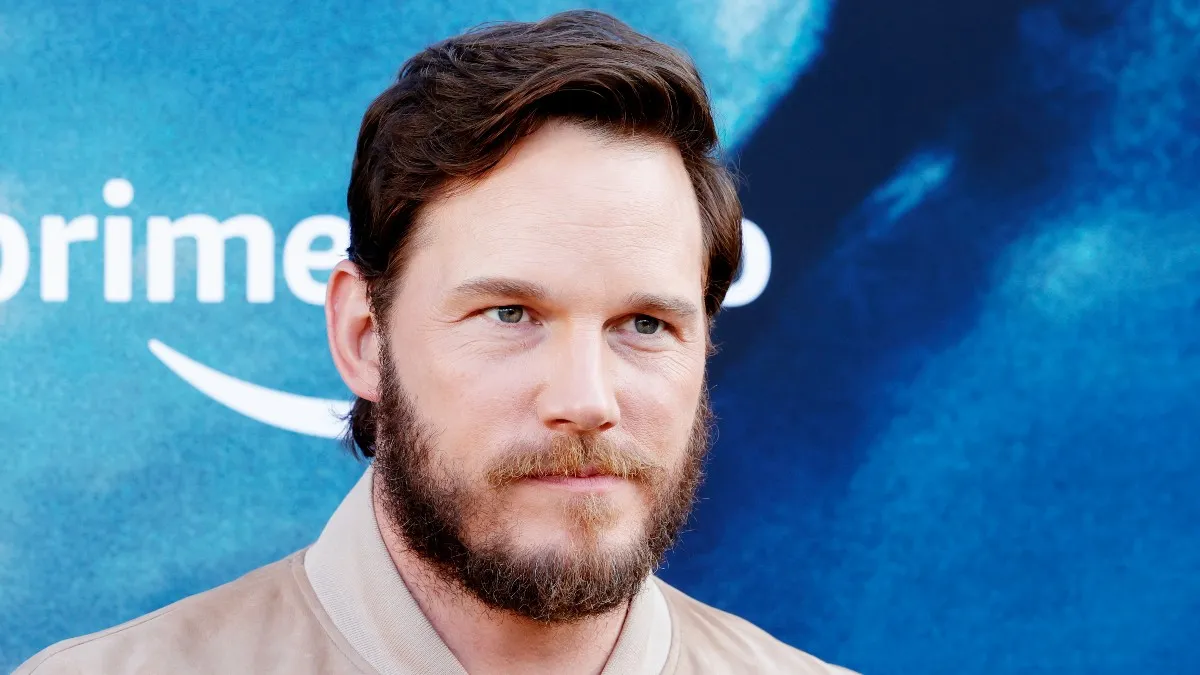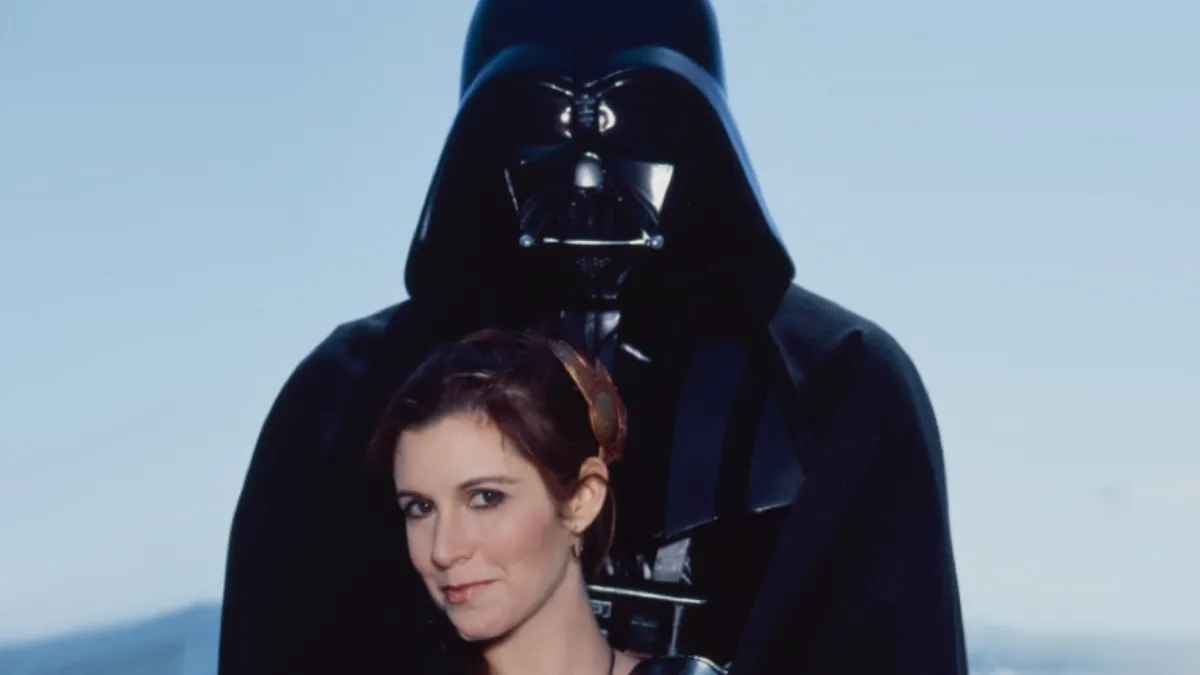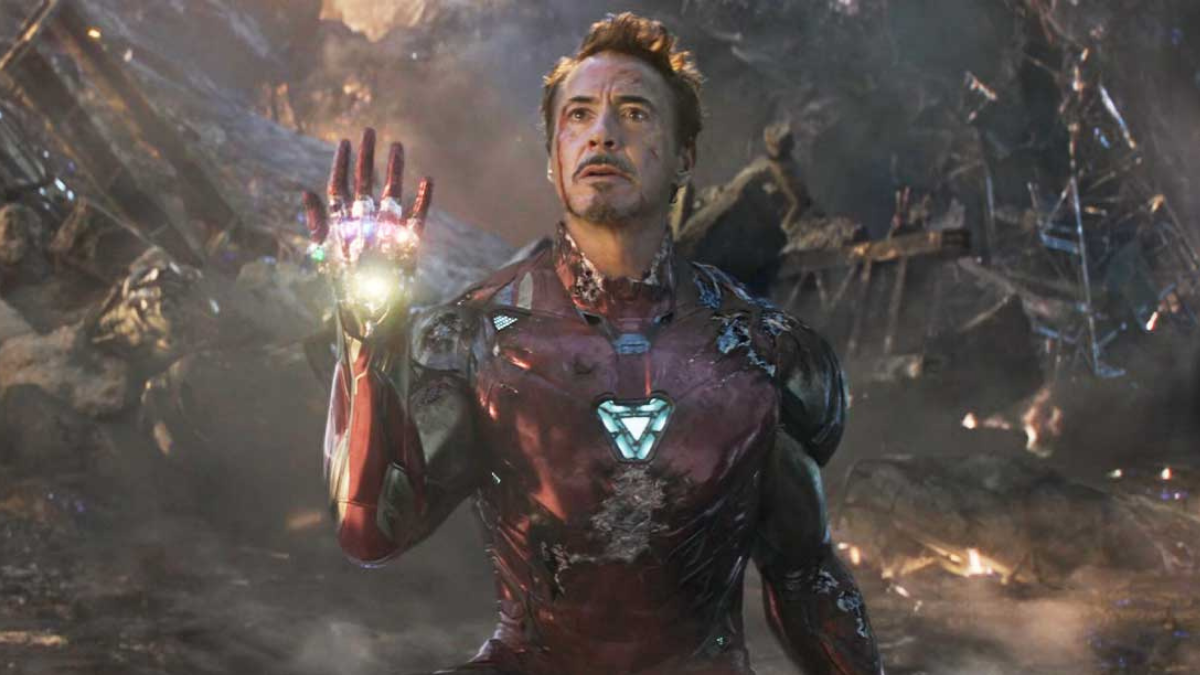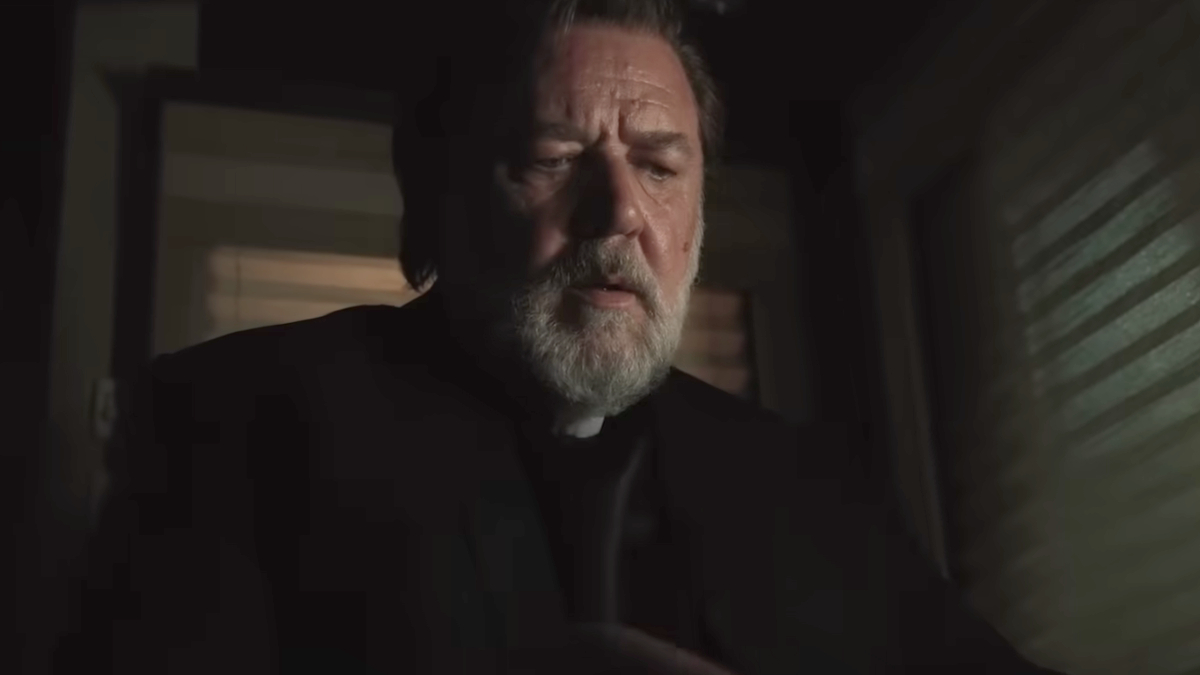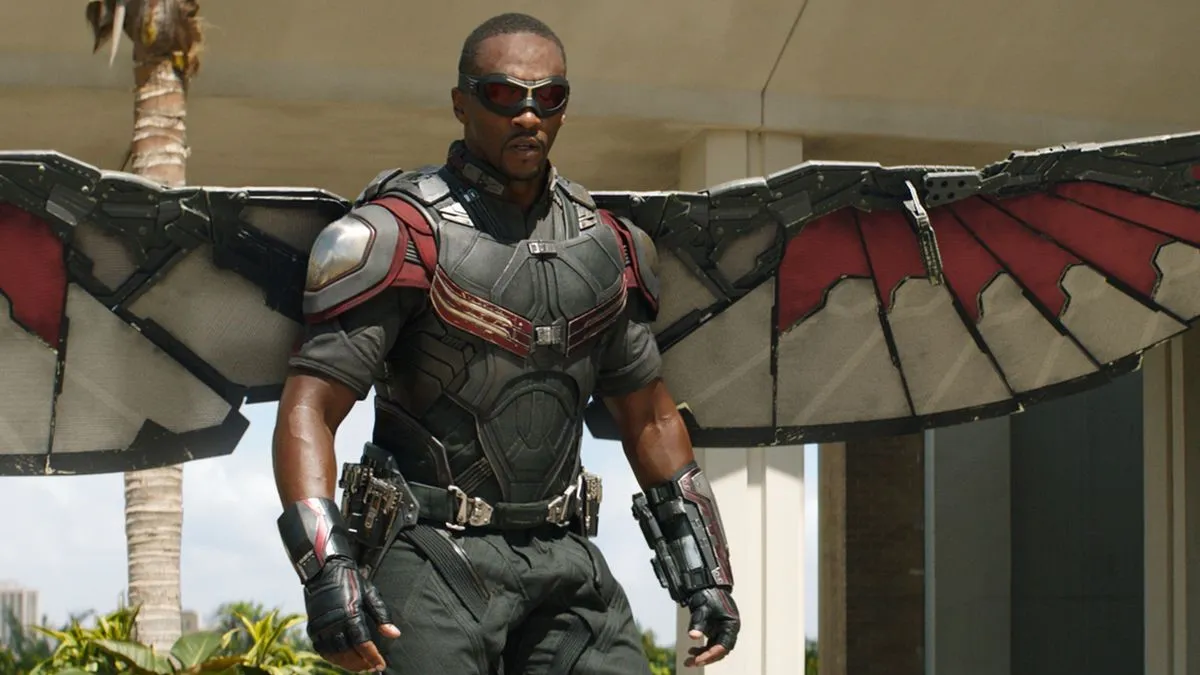There’s a scene in The Circle in which Tom Hanks walks onto a stage in front of hundreds of adoring workers and proceeds to lay out a plan for a world in which privacy is not only a thing of the past, but is something that we give up completely and voluntarily. He presents his case so convincingly that it’s only several minutes in that we, the viewers, realize just how evil the whole concept is. It’s an excellent sequence, as Hanks grins and jokes like a malevolent Steve Jobs, and it belongs in a film worthy of the talent on that stage. The Circle is not that film, though.
The Circle tells the story of Mae Holland (Emma Watson), the newest employee at a social media tech company co-founded by Eamonn Bailey (Hanks) and Stenton (Patton Oswalt), where she’s been recruited as a “customer experience” representative, with the help of her friend Annie (Karen Gillan). Despite being warned of the Circle’s dangers by a mysterious co-worker (John Boyega), Mae gets pulled deeper and deeper into a corporation that demands total transparency of their employees, placing her entire life, relationships, and activities online. An accident changes the way that Mae approaches life both within the company and outside of it, and then she in turn alters that company itself.
The Circle has pretensions of being a tech thriller a la The Parallax View or The Conversation without bothering with things like character or plot development. It’s full of half-baked ideas, many of which would be pretty good if fully baked and made in 1971. As a film made in 2017, however, it lacks originality or immediacy, attempting to say something presumably important about our surveillance society and social media obsessions while relying on tired tropes, an unlikable protagonist, and villains played by fluffy character actors who have done (and will do) far better work.
I’m not sure how much of this is the fault of the source material (Dave Eggers’ 2013 novel of the same name) and how much is the fault of the production itself, but there’s plenty of blame to go around. Emma Watson strikes exactly one note as Mae, playing a doe-eyed supervillain-in-the-making who spends a lot of time speaking in declamatory sentences. Mae’s trajectory as she navigates the world of the Circle would be tragic if Watson actually managed to give her a soul, but instead she just wanders about looking lost for the first half of the film, before she becomes positively insufferable for the second.
Watson is a better actress than this, so I can only assume that she received direction to behave as she does. This is borne out by the fact that everyone from Tom Hanks to Patton Oswalt to a criminally underused John Boyega suffers a similar fate, falling prey to the film’s desperation to find a coherent story without actually spending the time to develop things like character or tension. The only performer who comes out intact is Karen Gillan (also underused), whose character Annie is far more interesting than anything Mae does or says.
The Circle also makes a point of introducing characters and plot threads without resolving them. John Boyega pops up every once in awhile to make dire pronouncements, but his character is so one-note that it’s difficult to figure out what, if anything, we’re supposed to do with him. It soon turns out that he’s really just a plot device, like most of the characters in this film, there to drive Mae’s narrative toward its inexorable end, whatever that is.
The concepts within The Circle – total transparency, corporate control, cameras on every street corner, and broadcasting one’s entire life over the Internet for the consumption of others – would be terrifying in a different milieu, but here they come off as just another set of tired complaints about Millennials (those kids with their Snapchat and their Instagram!!) and baddie corporations. The meaning of a surveillance society and our current obsession with living our lives online is perfectly good fodder for a thriller, but The Circle fails to say anything new or particularly trenchant on the subject.
While the government occasionally investigates the corporation, it never appears to follow through on anything, and the existence of a real world outside of the Circle’s compound is nebulous. This could be the point – that the real world has ceased to be real to those living their lives online – but again, the film fails to follow through on the concept or to address the very serious concerns that it raises.
The Circle rather presupposes a universe in which most world governments and peoples blithely accept the rule of a single corporate entity, and everything that they propose, without even a hint of a debate. The Circle could have addressed this – and there are hints that it might be aware of that – but it seems to hope that its audience is basically stupid and, like the film, cannot conceive of a multi-dimensional world.
Overall, The Circle is a pretty round failure: It fails its cast, who are caught in the machinations of an incoherent plot; it fails its concepts, which flounder about in search of something to latch onto; it fails its audience, who come out the other side feeling a little more hateful of humanity in general, and cinema in particular. Someday, Hollywood might produce a film that actually critiques surveillance society and social media obsession in a meaningful or provocative way. Today is not that day, though, and The Circle is very much not that film.


